Dealing with frustration in a relationship is sometimes a very normal thing to experience. But some people let their frustration get the better of themselves, and end up grudge dumping their partner. This article is going to talk about experiencing frustration in relationships, and how grudge dumping destroys relationships.
KEY POINTS
- Frustration is a natural part of any intimate relationship; grudge dumping isn’t.
- Pent-up frustration can lead to temper tantrums, explosive arguments, and words designed to produce maximum hurt.
- Healthy ways to process frustration in a relationship include speaking up early, writing a letter, and seeking a mediator.
Frustration is unavoidable in any relationship, particularly with close friends or romantic partners. The space between people will always be fertile ground for miscommunication and misunderstanding. It would be unthinkable for even the healthiest intimate relationship not to experience intense frustration or hurtful moments.
But before you read any further, take a moment and answer this question:
When you feel wronged by someone, do you store up frustration, or do you process it with the person and resolve it?
Take your time. The answer to this question ultimately determines if you can sustain healthy intimacy or not. (See “Do You Have A Controlling Personality?“)
Related: Breadcrumbing in a Relationship: 6 Alarming Signs And How To Manage It
Common Responses to Frustration
Since frustration is a natural part of any relationship, let’s consider three typical responses to it:
1. Ghosting
Ghosting is one of the most common responses when things go wrong. If a relationship becomes frustrating or anxiety-producing, the ghoster will flee without explanation.
Ghosters claim they didn’t want to hurt the person. Ironically, ghosting is one of the most hurtful things you can do to someone you have been intimate with. Ultimately, the ghoster is only protecting themselves—not the person they ghosted. (See “How Ghosting Undermines Emotional Health.“)
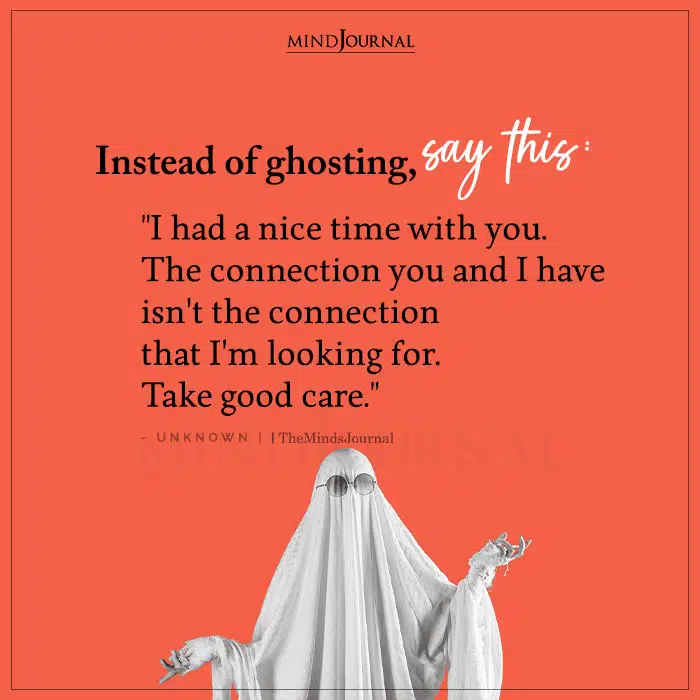
2. Blame-Shifting
Blame-shifters find a reason to end a relationship without a confrontation. They may blame society, their family, or their childhood. They may even blame themselves (“It’s not you, it’s me”).
Their goal is to let a person down gently; ultimately, blame-shifting is most often permission to be cruel without consequence. (See “How Avoiding Conflict Escalates Conflict in Relationships.“)
3. Grudge-Collecting
On the surface, grudge-collectors appear to be people-pleasers: quick to smile, always willing to accommodate, and the last to provoke a confrontation.
But beware: Behind their tense grin may be a loaded gun, and each bullet a stored-away grudge, aimed directly at you. Whether they ghost you or shift blame, the outcome is the same: The relationship will end badly.
The Grudge Dump (And Grudge Dumping)
Unrelieved frustration can morph into epic grudges and resentments, which, when stored away, gather in strength and toxicity. As pressure builds, even the most simple misunderstandings can trigger explosive responses:
- You were late…again.
- You didn’t return my texts…again.
- You were insensitive…again.
Grudge-dumpers are usually at the end of their rope; their patience has run out. Because the unrelieved pressure is so significant, they feel justified in dumping their grudges in the form of temper tantrums, explosive arguments, or words designed to produce maximum hurt.
Most shockingly, grudge-dumpers feel justified to inflict harm. While grudge dumping offers some relief to themselves, the discharge is so toxic that it frequently damages relationships beyond repair.
Related: Cookie Jarring, The Latest Dating Trend: 8 Signs You Are A Victim
5 Ways To Better Manage Frustration in Relationships
1. Speak up early
Don’t store frustration. Address it early, and it can strengthen intimacy rather than destroy it.
2. Write a letter
Letter-writing gives you a chance to sort out your feelings and be mindful of how you express yourself. If you’re worried about your tone, you may want to have a friend read it before the letter is delivered.
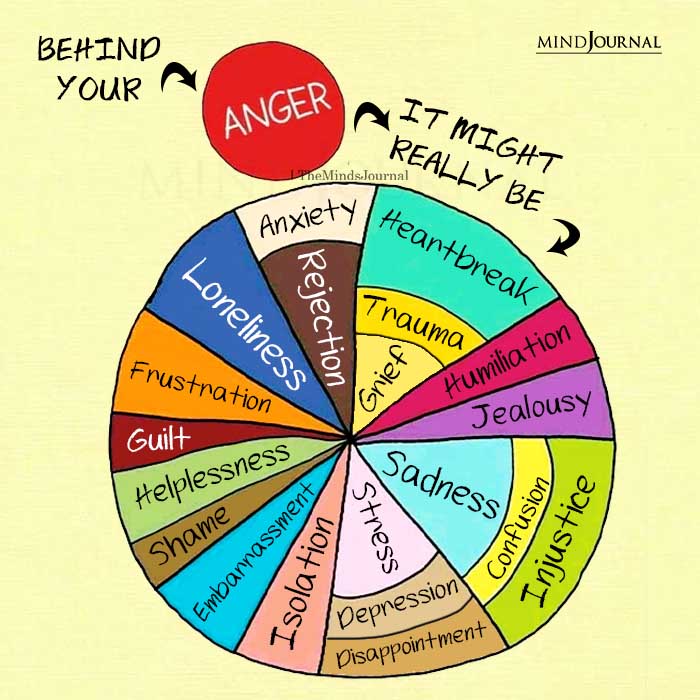
3. Find a mediator
A mediator, professional, or good friend who can mediate a conflict could bring greater clarity and direction. Most importantly, they can guide you toward mutually acceptable resolutions.
4. Join a group
Group therapy is the best treatment for strengthening communication skills, boundary setting, and establishing healthy intimacy.
5. Accept responsibility
If you wronged someone, don’t be stubborn; apologize and set the tone for healthy reconciliation. Take the initiative. Mistakes are natural; processing them thoughtfully together will ultimately bring you closer.
Written By Sean Grover L.C.S.W. Originally Appeared On Psychology Today
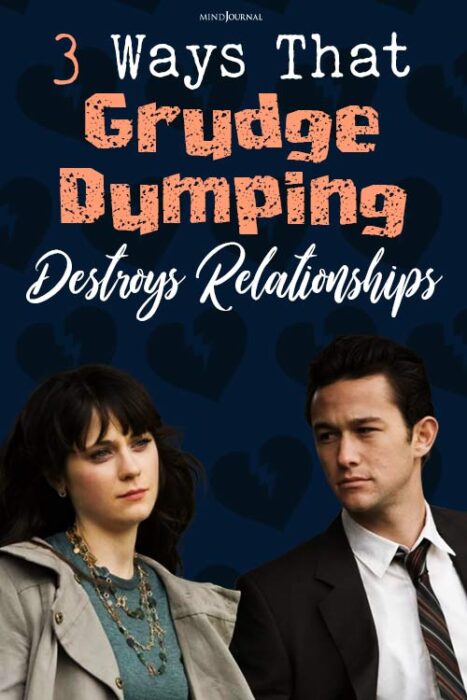
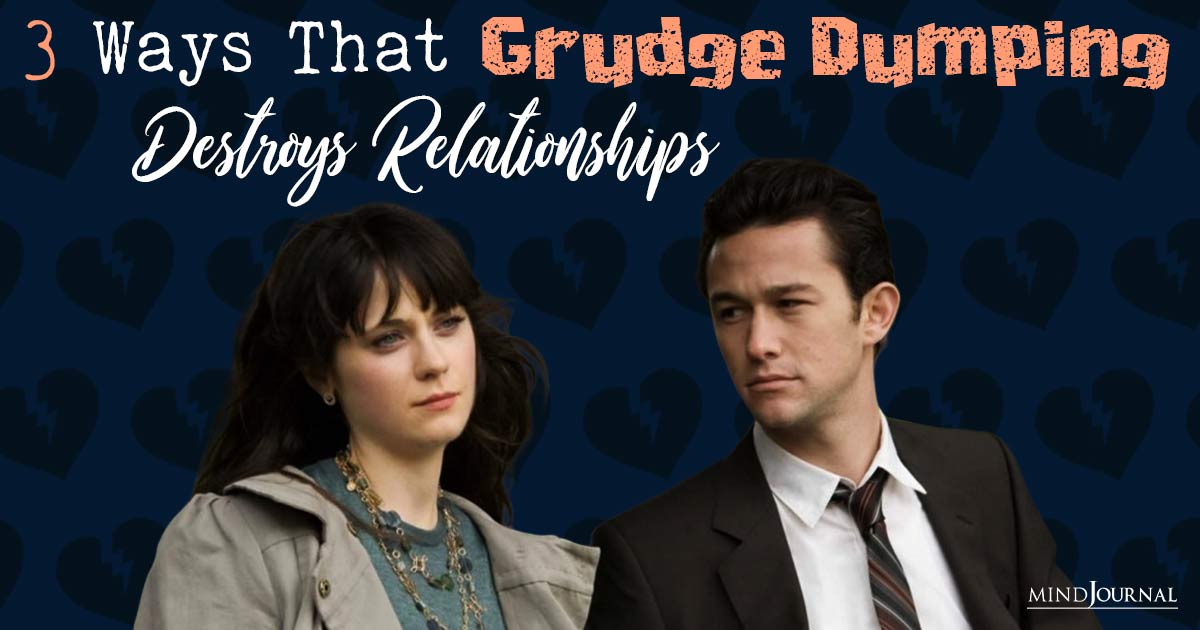
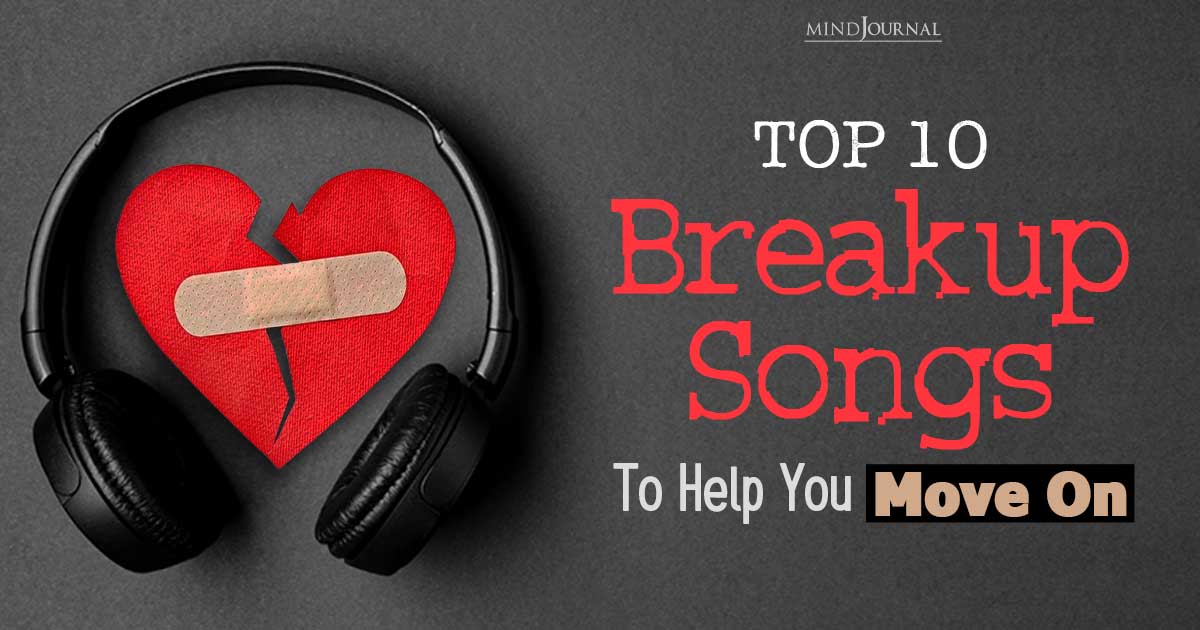


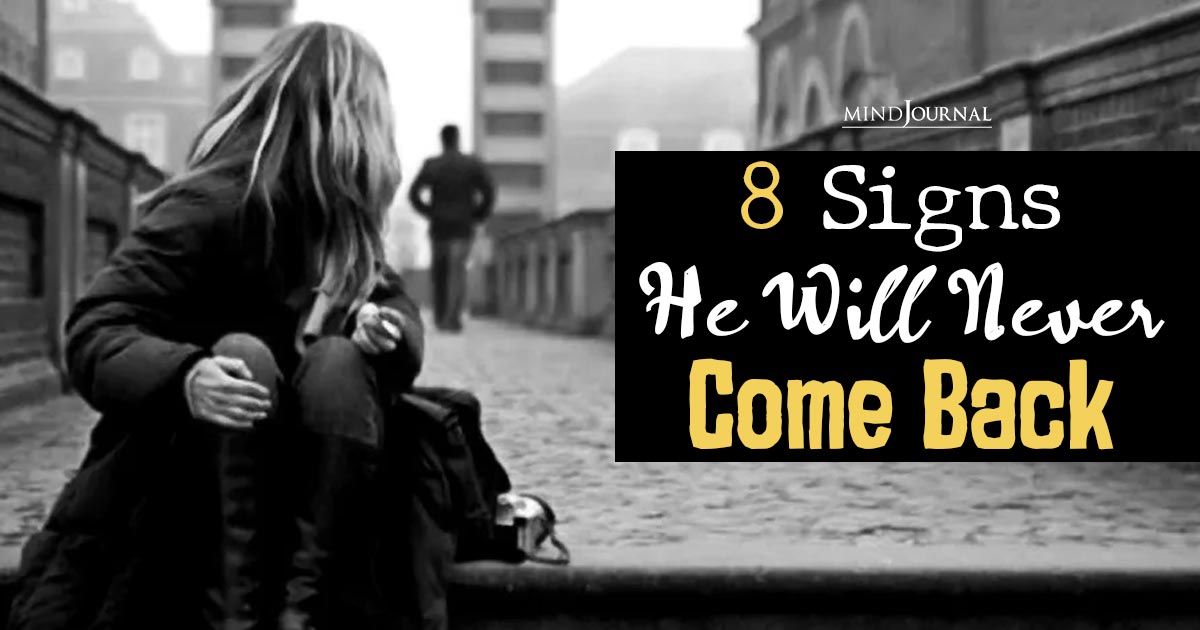
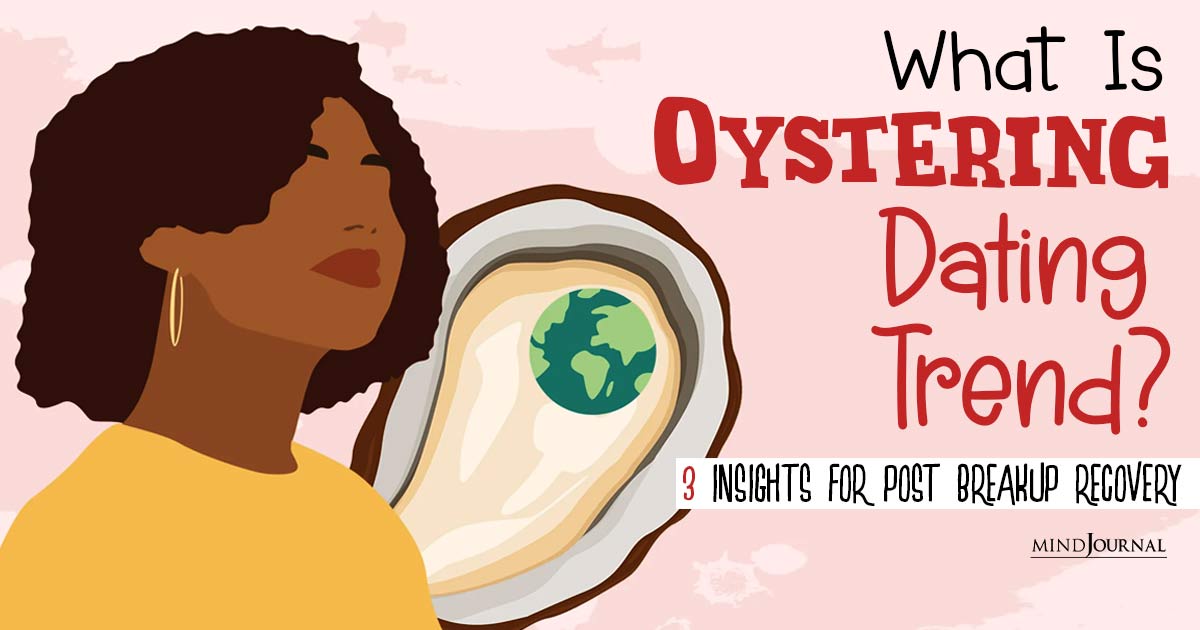
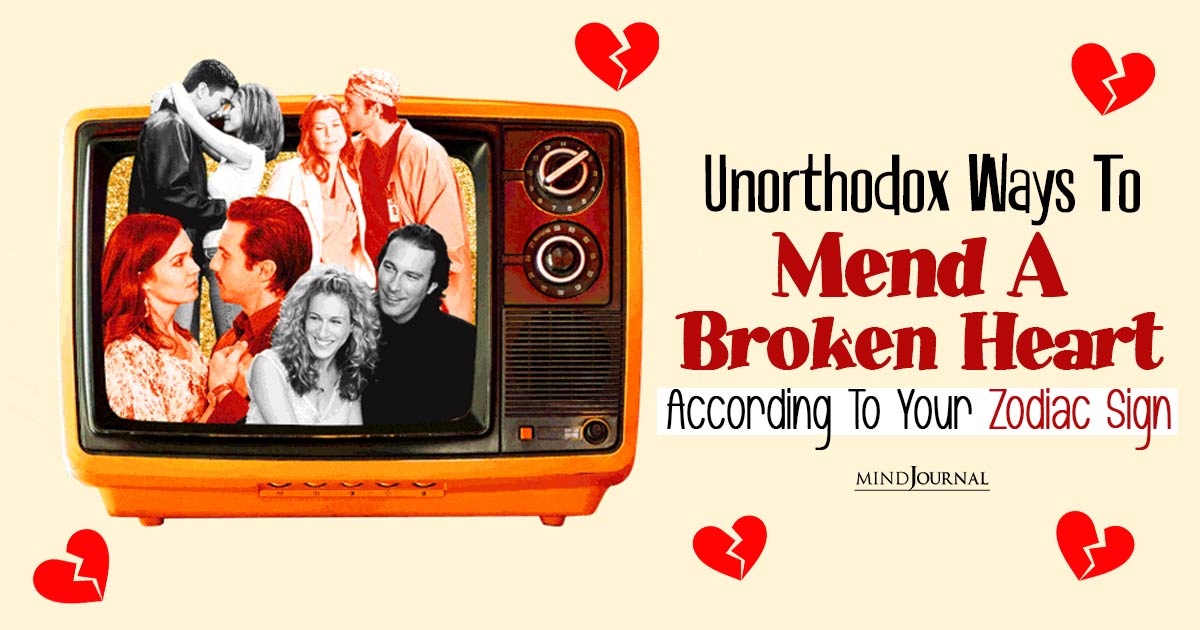
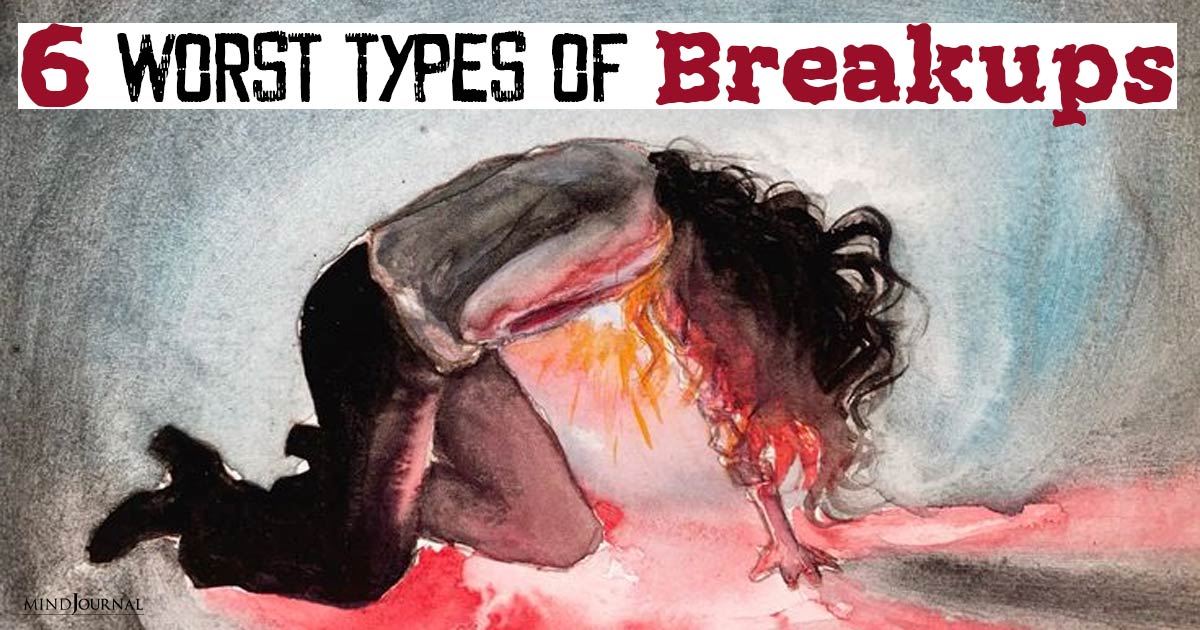
Leave a Reply
You must be logged in to post a comment.